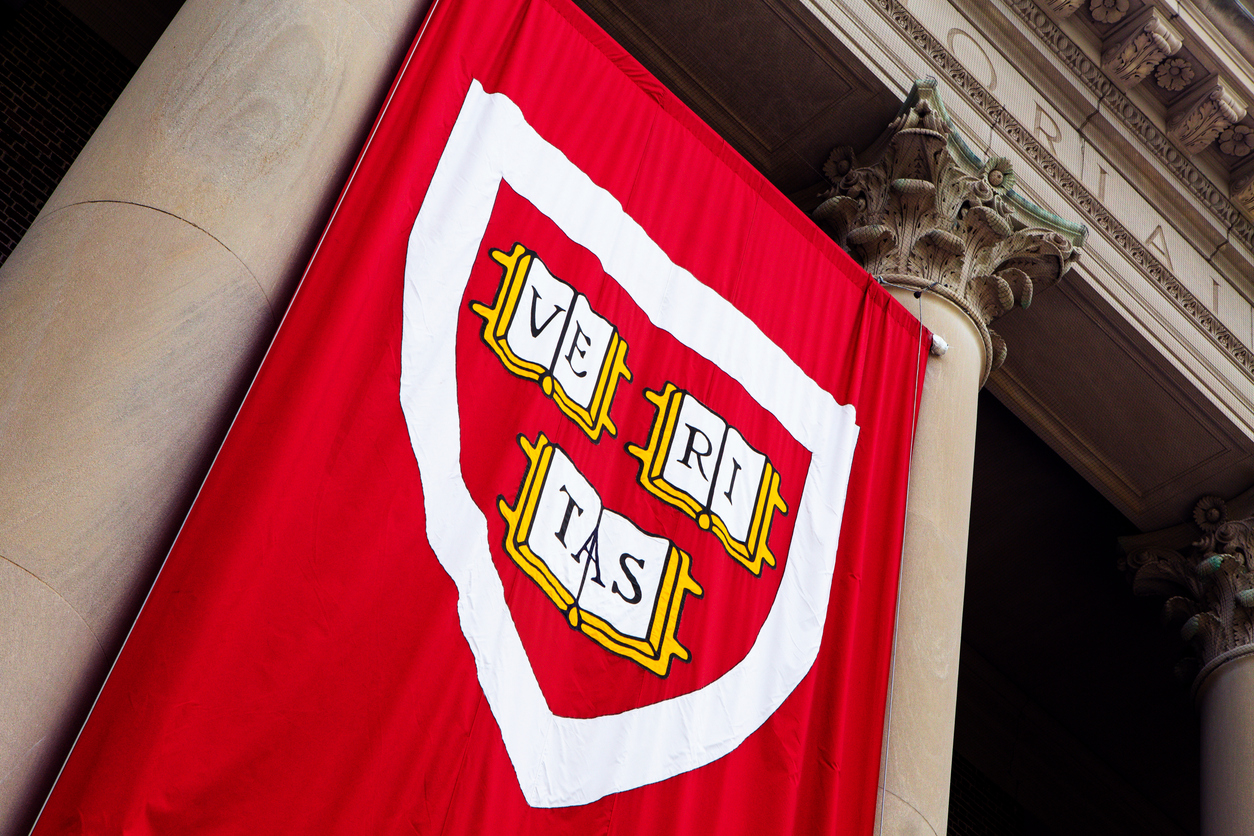The Scoop: After disastrous fall, Harvard changes policy on public statements
Plus: Google silent about potentially massive search leak; Nike releases breakdancing shoes ahead of Olympic event.

Over the last few months, we’ve seen a lot of upheaval at American colleges and universities concerning institutional reactions to the war in Gaza. Following student protests and shifts in leadership at Harvard, the esteemed university is rolling out a new policy of staying silent on issues that don’t directly impact the school’s “core function.”
In a report from CNN, Harvard claimed that it maintains a responsibility to defend the university’s standing and integrity, but that university leaders need to steer clear of commenting on issues that don’t directly affect the school. In an interview with The Harvard Gazette, Noah Feldman, co-chair of Harvard’s Institutional Voice Working Group, which is charged with reviewing and vetting public statements made by the university’s leaders, said that the group’s main mission is to ensure that Harvard maintains its academic freedom and independence.
“In the end, we believe this approach is actually more inclusive to the whole community,” Feldman said. “We heard loud and clear from many stakeholders that if we speak out some of the time on some global or national issues, then many people feel we are ignoring other issues. And on some issues, our community is divided or the world is divided in such a way that we are going to drive controversy no matter what we say.”
Why it matters: In December, we ran a piece that outlined the crisis comms lessons PR pros could learn from Harvard’s mishandling of the messaging around the war in Gaza. It seems that Harvard has put some of those lessons into practice with the new Institutional Voice Working Group.
While many people want to know where an organization stands on certain issues, it doesn’t mean that every institution needs to speak out on everything. That’s one of the primary functions of the Institutional Voice Working Group — keeping Harvard focused on its mission to provide a top-flight academic environment.
In times of crisis, it’s important to reaffirm your organizational mission. Harvard is doing just that by driving home the fact that it’s an academic institution, and that’s where the focus of its statements will be going forward.
Editor’s Top Reads:
- You probably use Google search a decent amount. You might have even used it to find this article. However, according to a report from The Verge, Google hasn’t been totally truthful about how its search function works, with potentially large impacts on SEO for countless companies. A set of leaked data shows what Google collects from webpages and searches and provides subtle hints about what Google values in SEO. Although Google has yet to respond to the leak, this is a big deal. When you communicate on behalf of an organization, you don’t need to give away trade secrets in every message. But you need to be truthful, and it remains to be seen whether Google was outright lying or just not sharing the full picture. Either way, it’s a hit to the search giant’s reputation.
- Get your dancing shoes on, the Olympics are almost here! Nike took that quip literally, releasing a breakdancing shoe ahead of the sport’s first inclusion in the Paris Olympics this summer. According to GQ, the new shoe, the Nike Jam, has been in development for seven years and was made with oversight from the Nike Sports Research Lab. While this might seem like a story about a cool new shoe, there’s a little more to it. A few weeks ago, Ragan wrote about a new shift at Nike following a round of layoffs and comms changes, with a return to an emphasis on innovation that made the company famous in the first place. It seems like that’s exactly what Nike is doing here, at a time when sports is in an intense spotlight.
- The federal government has settled with an IT staffing firm that shared a racist job posting. According to NPR, the posting in question read, “Only Born US Citizens [White] who are local within 60 miles from Dallas, TX [Don’t share with candidates].” Aside from this being illegal and reprehensible behavior, there’s also a comms lesson to be learned here. First, if you’re employing the kind of people who would say something like this, it’s time to do some soul-searching. Second, ensure you vet every single thing that goes out the door with your name on it and ensure all editor’s notes are removed. Whether you like it or not, it’s a reflection of your organization. It takes a lot more work to clean up a mess like this than to prevent a crisis from happening in the first place.
Sean Devlin is an editor at Ragan Communications. In his spare time he enjoys Philly sports and hosting trivia.






